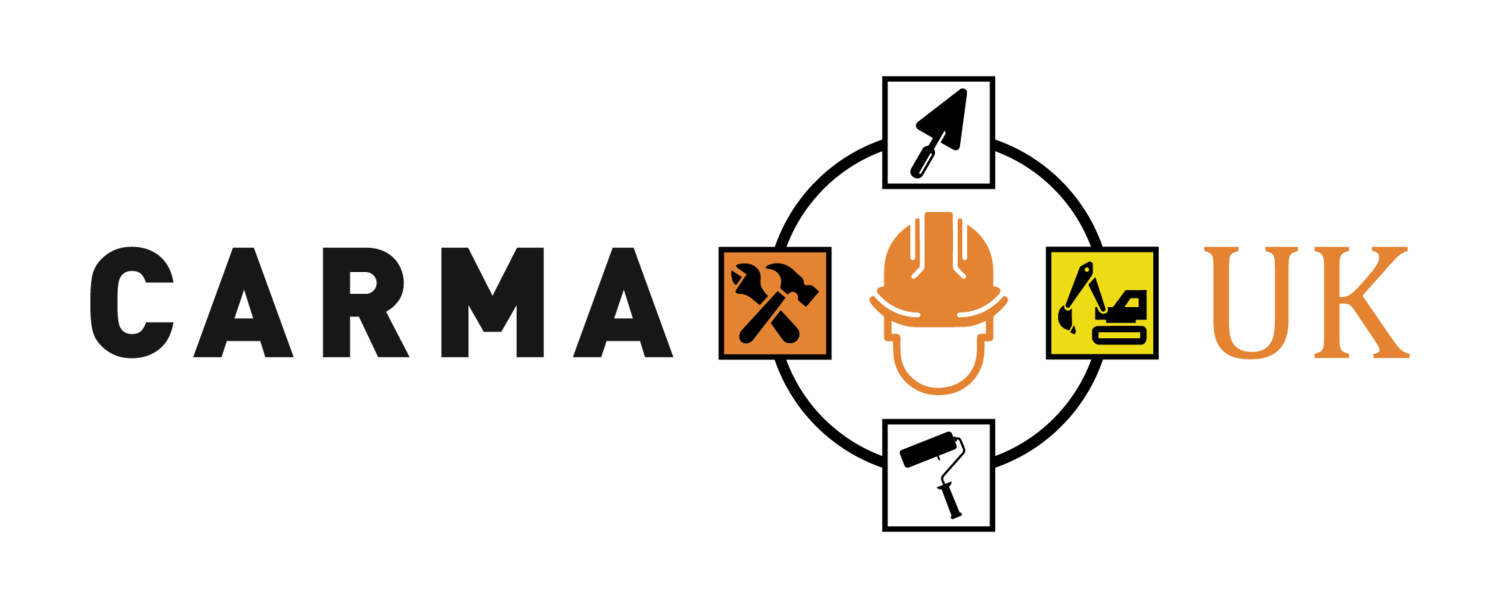Noise Management
Noise management in the UK construction industry is a crucial aspect of ensuring that building projects progress smoothly while respecting the needs and peace of local communities. As a construction company committed to maintaining high standards of professionalism and consideration, we adhere strictly to noise restrictions and employ a range of practices to mitigate noise pollution. Here’s a closer look at the noise regulations…
Understanding UK Noise Regulations
Noise regulations for construction activities in the UK are primarily governed by the Control of Pollution Act 1974 and the Environmental Protection Act 1990. These regulations are designed to minimise the impact of construction noise on residential and commercial areas. Key aspects include:
Permitted Hours of Work: Construction work is generally restricted to specific hours.
Standard working hours are:
Monday to Friday: 8:00 AM to 6:00 PM
Saturday: 8:00 AM to 1:00 PM
Sunday and Bank Holidays: No work allowed
Local authorities may impose stricter limits or grant permits for extended hours depending on the nature of the project and its location.
Noise Levels: There are set guidelines for acceptable noise levels, which vary depending on the proximity to residential properties and the type of construction work being carried out. The aim is to avoid excessive noise that could disrupt the daily lives of nearby residents. In the case of one of our current projects, Meadow prospect, we have had to show extra consideration to those living in the area as we carry out the demolition of the previous structure. Being so close to together we have had to plan meticulously a process we can follow to be in and out in as quick as possible to cause little impact from the noise. We know how irritating it can be having endless noise coming from an poorly managed site, our project managers go out of their way to ensure we do not fall into that category.
Noise Mitigation Measures: At Carma we have implemented noise control measures to reduce the impact on surrounding areas. Some of these include using quieter machinery, employing sound insulation techniques, and scheduling noisy activities at times that cause the least disturbance. Adhering to the rules and regulations are not just for the public. It’s not just the people in their homes that don’t want to have a banging headache by the end of the day, but also those working! Think of your team, they shouldn't have to be surrounded by loud machinery all day, nor is it legal! Hearing loss is no joke! We have implemented to use of the software ‘S3’ which allows each man and women on site to gain access to a noise regulation system, straight from their mobile. Effectively making certain no one is working with loud noises longer than the recommended time. The safety of your team is of utmost importance.
Our Approach to Compliance and Consideration
Being a responsible construction company means we take noise management seriously and implement a variety of strategies to ensure that our operations align with regulatory requirements and foster positive relationships with the community. Here’s how we approach noise management:
Adherence to Working Hours: We strictly follow the permitted working hours outlined by local regulations. Our site managers and supervisors ensure that no work is conducted outside these hours unless specifically authorised by a permit.
Effective Communication with Neighbours: We proactively communicate with residents and businesses in the vicinity before starting a project. This includes notifying them of the construction schedule, potential noise impacts, and providing contact information for any concerns. This approach helps manage expectations and address any issues promptly.
Implementing Sound Barriers: Where feasible, we install temporary sound barriers around construction sites to block and absorb noise. These barriers can significantly reduce the impact of noise on neighbouring properties.
Scheduling Noisy Activities Wisely: We plan and schedule particularly noisy activities, such as demolition or piling, during times that are least likely to disrupt residents. By concentrating such work within permissible hours and planning it efficiently, we minimise its impact.
Ongoing Monitoring and Feedback: We continuously monitor noise levels on-site and seek feedback from the local community. This allows us to address any concerns promptly and make necessary adjustments to our operations to further reduce noise impact.
Training and Awareness: We provide our staff and subcontractors with training on noise management practices and the importance of being considerate to the community. This ensures that everyone involved in the project is aware of their role in maintaining low noise levels.
Conclusion
Construction leads to noise, we all know it, it comes with the job, but what are you doing to make your current and future projects noise levels less invasive to those living near it and those working in it?
